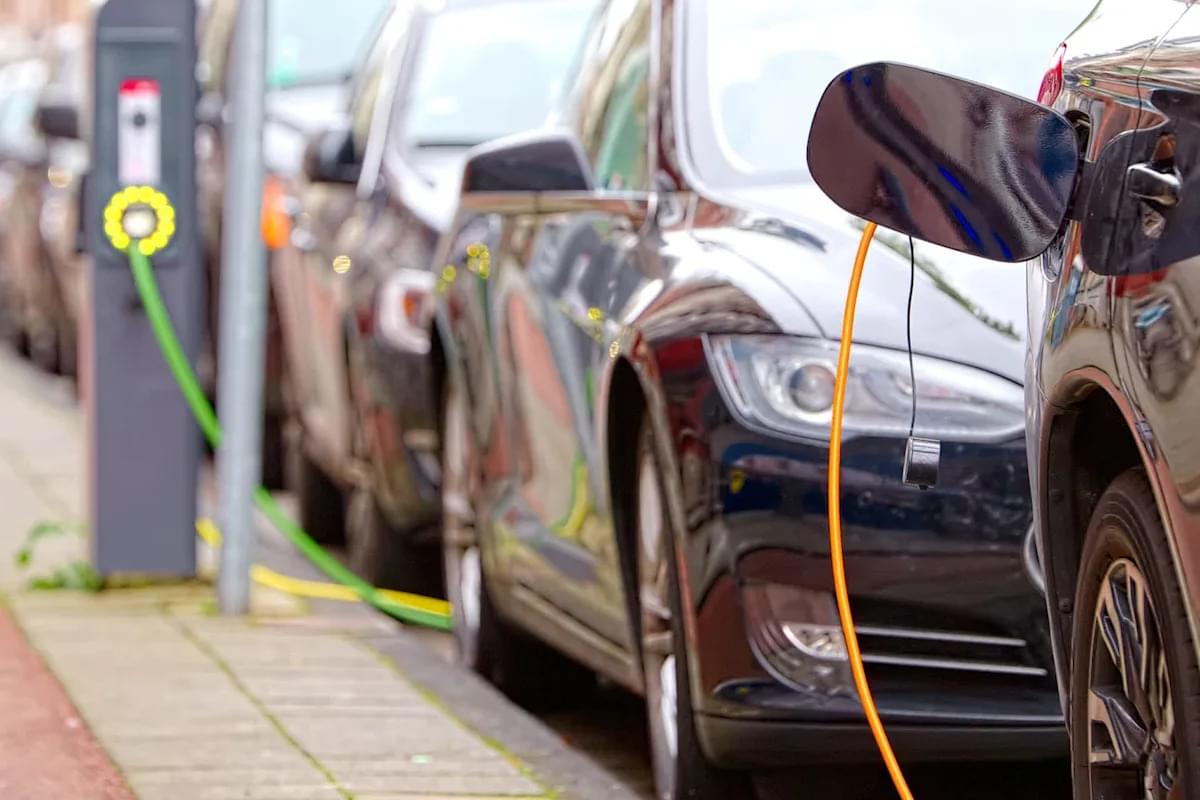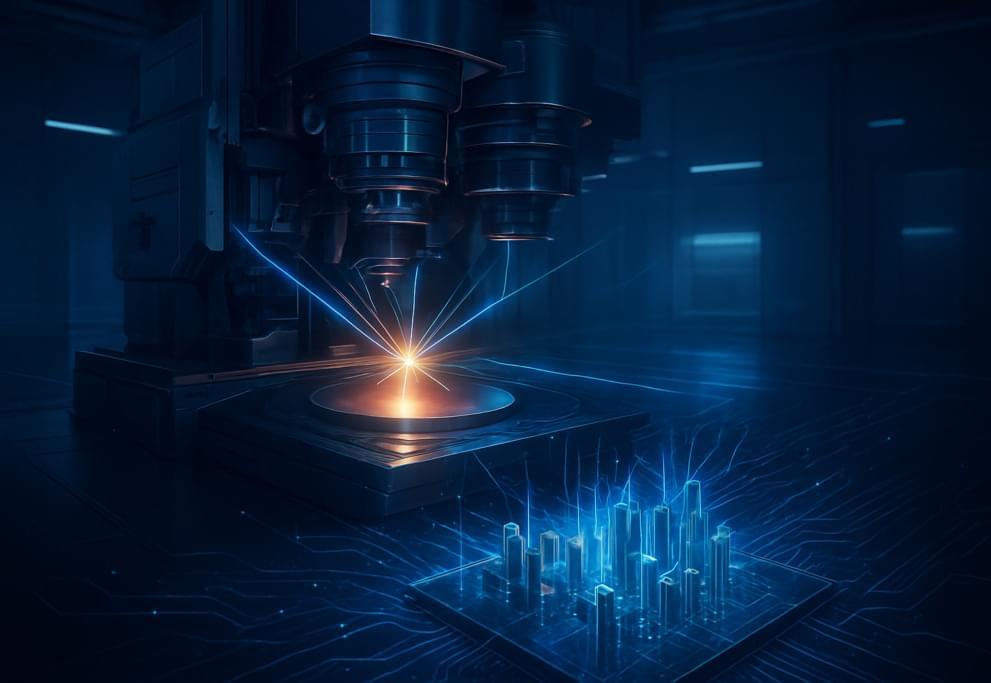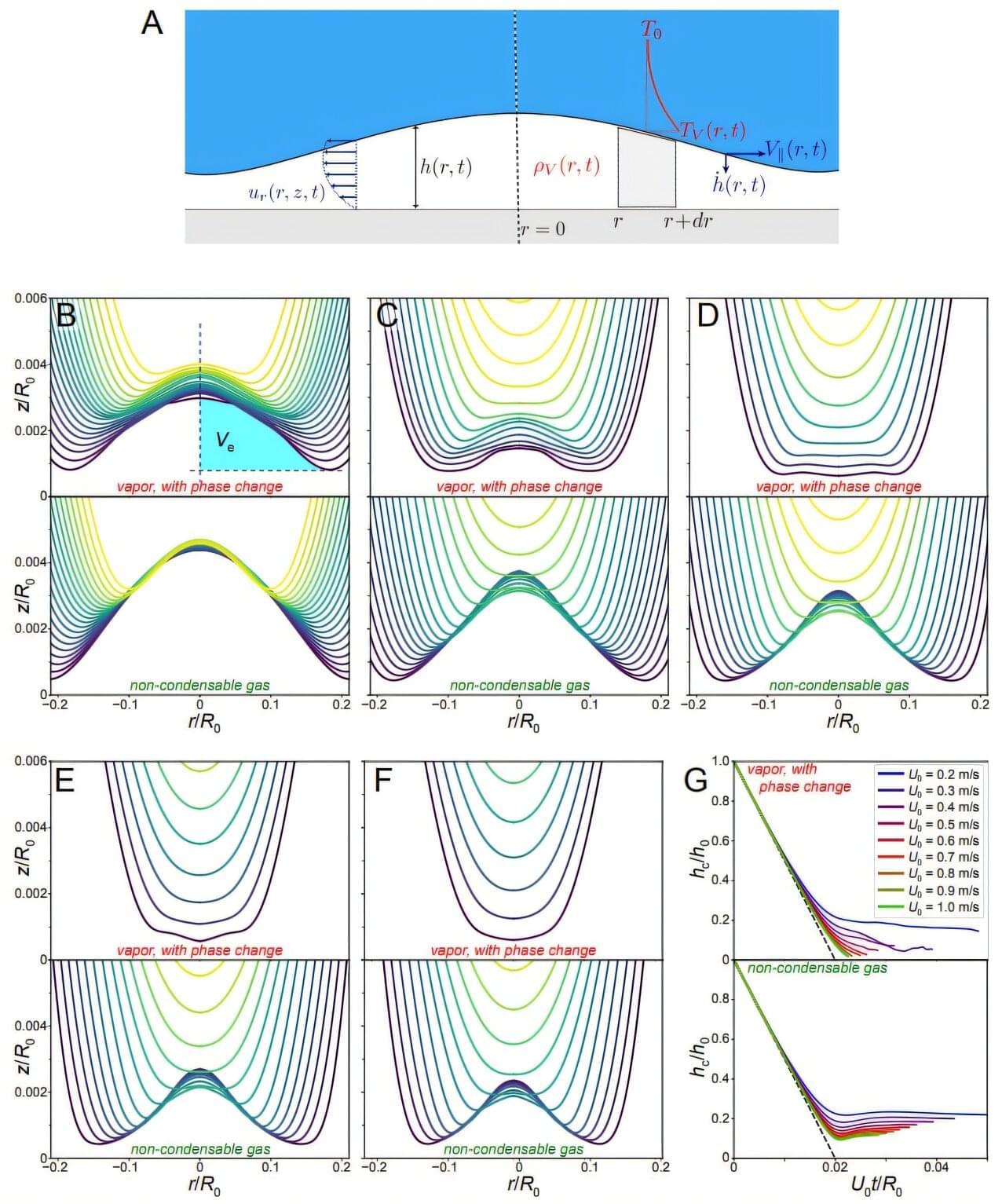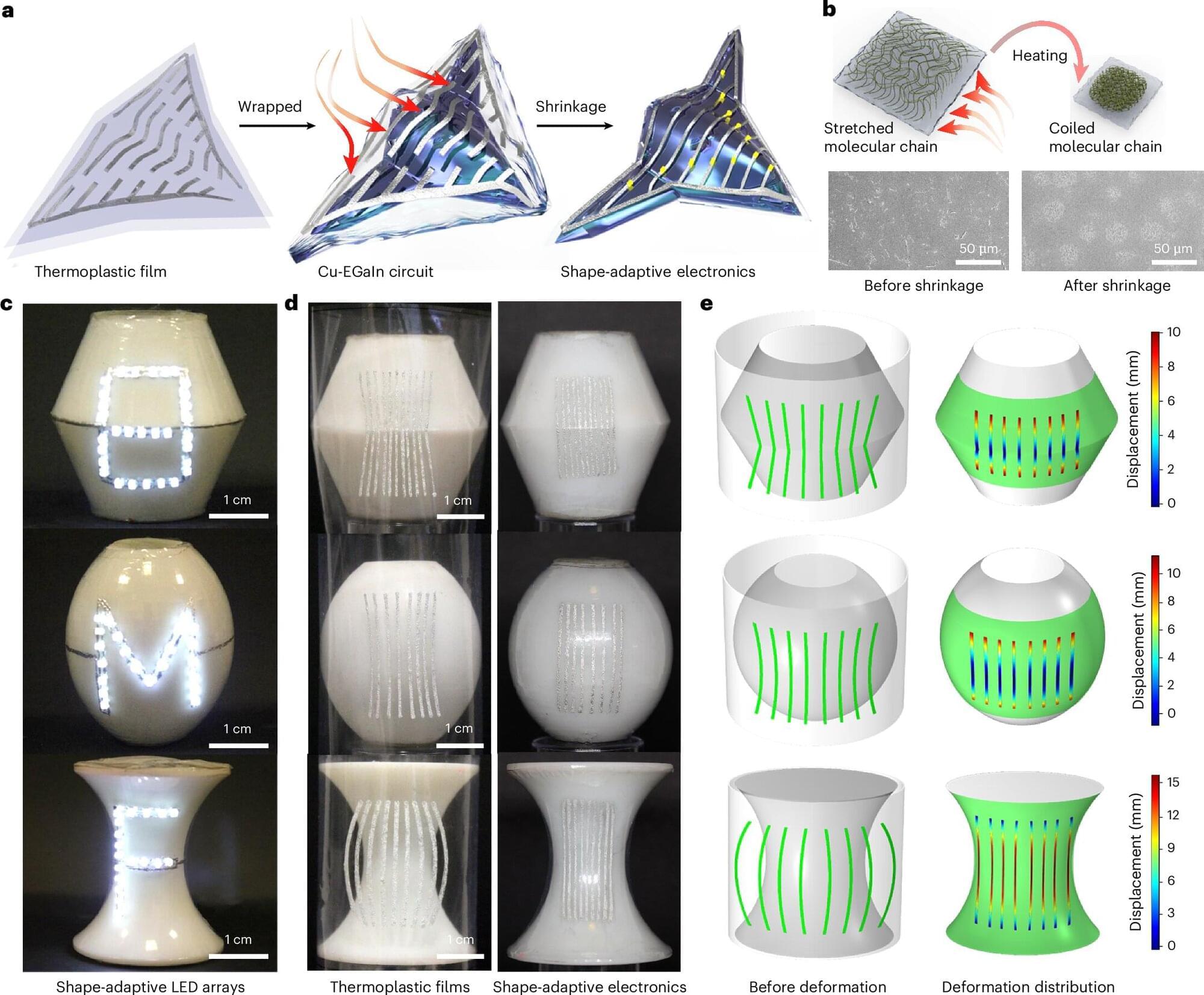I’m Gemechu. I’m a software engineer and AI builder finishing my Master’s in CS at LMU Los Angeles this May.
I’m looking to join a team, full-time or internship!
For context, I have hands-on experience shipping AI-powered products to production. I recently built https://www.vehique.ai/, a conversational vehicle marketplace from scratch — designed the multi-agent architecture, built the full stack, and scaled it to over 3,000 monthly users. Prior to that I have a couple of research engineering experiences at seed-stage startups.
Have experience building end to end, whether that’s the AI layer, backend and infra, or full-stack product work.
Looking to join where I can create impactful products.
If you’re hiring or know someone who might be, please feel free to reach out.
🌿 All my projects and experience are on my portfolio — https://gemechu.xyz/








